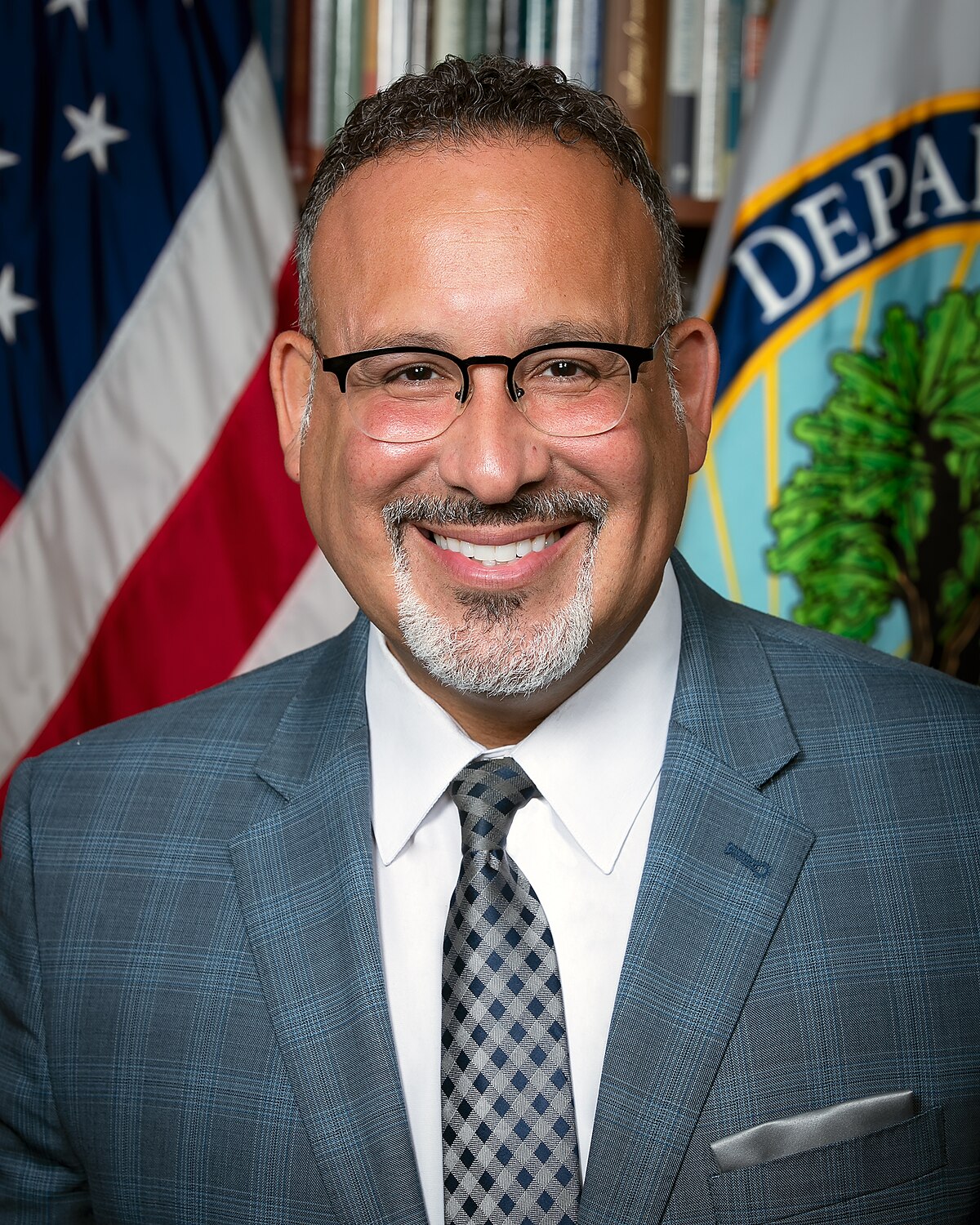n a landmark decision, the U.S. Supreme Court unanimously ruled that former President Donald Trump is eligible to appear on election ballots, overturning a previous decision by the Colorado Supreme Court. This significant ruling is expected to halt efforts across the country to disqualify Trump from future ballots. The central issue revolved around Section 3 of the 14th Amendment, historically used to prevent members of the Confederacy from holding office post-Civil War, which the Colorado Supreme Court had interpreted as disqualifying Trump due to alleged insurrection involvement.
The Supreme Court's majority opinion emphasized that disqualifying a presidential candidate is a matter for Congress, not individual states, to decide. It argued that allowing state enforcement against federal officeholders would complicate the scope of their power. This decision was met with disappointment from Colorado Secretary of State Jena Griswold, who voiced her concern over the removal of states' authority to enforce this section of the Constitution against federal candidates.
Justice Amy Coney Barrett, while concurring with the majority, penned her own opinion, suggesting the need to lower political tensions rather than escalate them, especially in the volatile context of a presidential election. The liberal justices agreed that permitting Colorado to disqualify Trump could lead to a disjointed state-by-state approach, but they refrained from joining the majority's stance on the exclusive power of Congress to enforce Section 3.
This case, brought forward by a group of Republican and unaffiliated voters represented by Citizens for Responsibility and Ethics in Washington, has sparked a nationwide debate on the balance of power between state and federal jurisdictions in enforcing the Constitution. While the Supreme Court's decision directly impacts Trump's eligibility, it also sets a precedent for how similar cases might be handled in the future, reinforcing the role of Congress in these matters.






